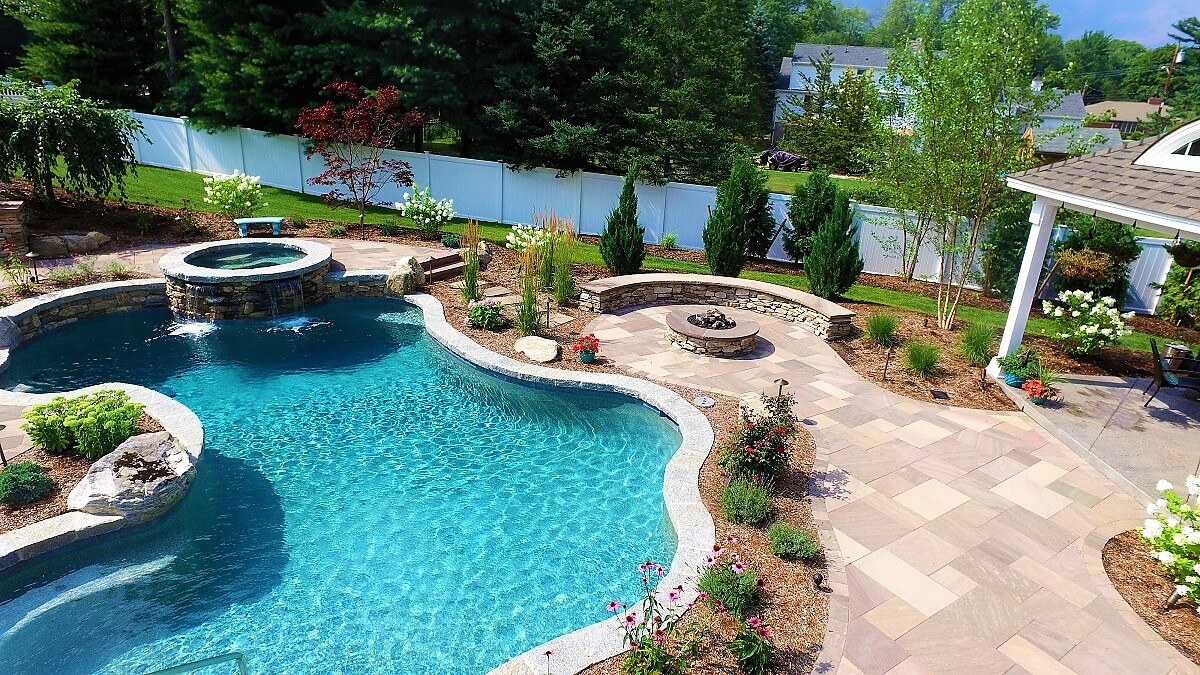Circulation, Chemistry, and Cleaning
At Aqua Pool, we have a maintenance program that can be customized to offer you with as much, or as little assistance as needed. If your family isn’t able to enjoy your current swimming set up, we’re here to solve your problems. All of our maintenance professionals are PHTA (Pool & Hot Tub Alliance) trained and licensed by the state of Connecticut.
Effective pool care is based on three important concepts: circulation, chemistry, and cleaning.
Circulation
Stagnant water can be dangerous. In your pool, proper circulation is key to creating healthy and safe swimming conditions. Both cloudy water and algae infestations are conditions that can manifest when your pool lacks the required circulation.
A good rule of thumb is to run your pool’s pump system at least ten to twelve hours a day (more in the HOT times of year, and less when the air cools off in the fall). This amount is enough time to turn your water over several times to make sure that it is safe and clean.
Chemistry
Basic pool chemistry is fairly straightforward. There are three important parts that equate to your pool’s levels and they include: pH (which is a measure of how acidic or basic your pool water is; an idea range is 7.4-7.6), Alkalinity (which works as a pH buffer; an ideal range is 100 to 150 ppm), and lastly the sanitizer levels. This refers to the amount of chlorine, bromine, or other type of sanitizer used in your pool
Cleaning
Basic pool cleaning tools include a net skimmer, a good pool brush, and a pool vacuum. Since your pool is susceptible to collecting organic materials from swimmers’ bodies and other matter from a backyard environment, not cleaning puts your pool at risk for developing bacterial contamination.
To combat these conditions, we recommend that you skim and brush your pool at least weekly and vacuum as needed. More is better. If you have an automatic pool cleaner, you won’t have to do quite as much skimming and brushing but you will still need to get out there and put in some elbow grease.




